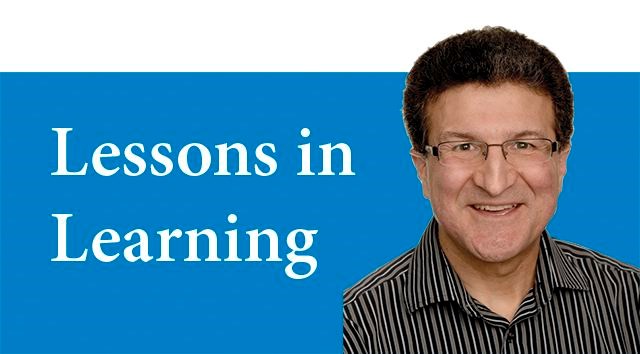The great Chinese philosopher Confucius said "study the past if you would define the future."
When we look at the chaos happening in much of the world today, it is easy to feel overwhelmed and helpless. When we look at history, however, we see that many of the atrocities that happened resulted from our failure to respond in a timely manner. If we can understand the mistakes of the past, we can respond more effectively in the present. This is not only the task of those who hold positions of influence in our societies, it is the responsibility of every person.
The greatest crime against humanity is genocide. The atrocities that happened in far too many places disturb us, and the crimes are almost unimaginable. Yet if we break them down, we see certain patterns at play. Though each genocide has certain unique characteristics, none of them happen all at once.
Leading genocide scholar Gregory Stanton has noted that there are eight stages of genocide (though he has recently expanded this to ten stages). Before mass killings can begin, the perpetrators must create an "us against them" mentality. They must identify, classify and vilify the targeted group. They must also organize and prepare before they carry out their crimes. Stanton's organization, Genocide Watch, has identified over 20 countries where genocide either is happening or is in danger of happening in the world today.
History has shown that when we act, we can put an end to these crimes and even prevent them. Yet far too often, our lack of action that allows them to happen.
In the early 1990s, aid agencies and diplomats were very aware of the hateful lies about Tutsis being widely broadcast by radio stations in Rwanda. They were aware of the training of militias and the buildup of arms. Much of the world, however, remained blissfully ignorant of these danger signs. Governments and investors continued to pour money into the country without question. There are so many times we can say "if only" regarding the Rwandan genocide that is absolutely frightening.
As we entered the twenty-first century, we became aware of civil war in Liberia and Sierra-Leone, and the fact that these wars were funded largely by the trade of illegal diamonds. People en masse therefore began to refuse to buy "blood diamonds" and the wars stopped.
Today there is growing awareness of the conflict in the Democratic Republic of Congo that has caused over five million deaths. This war is being fueled by "conflict minerals."
Consumer groups are therefore insisting that electronics companies refrain from using them in their products. According to Raise Hope for Congo, "as of October 2016, nearly 80 per cent of miners working at tin, tantalum and tungsten mines in eastern Congo...were not working under the presence of armed actors." In addition, governments are using their aid budgets to pressure other countries to stop fueling this conflict. As a result, we are seeing stability return to the region. The number of displaced people is half what it was in 2008.
There is still a long way to go in the DRC and the illegal trade of gold from the region continues to line the pockets of warlords. It is clear that our advocacy as consumers and politically active citizens must continue.
These examples illustrate how powerful we really are.
Imagine where the world would be today if we had taken action in Rwanda. Imagine where we would be if we had acknowledged the horror of anti-Semitism and boycotted companies that invested in Nazi Germany.
Imagine the world that we can create when we honour the victims of genocide by making "never again" a reality. The power is clearly in our hands.



